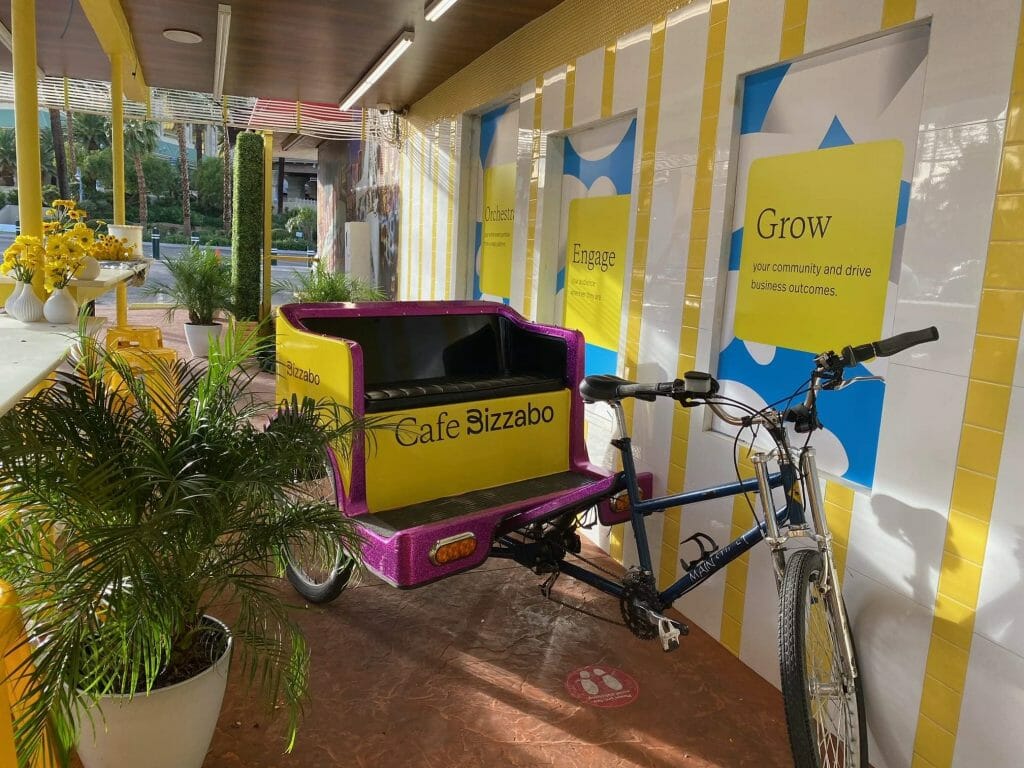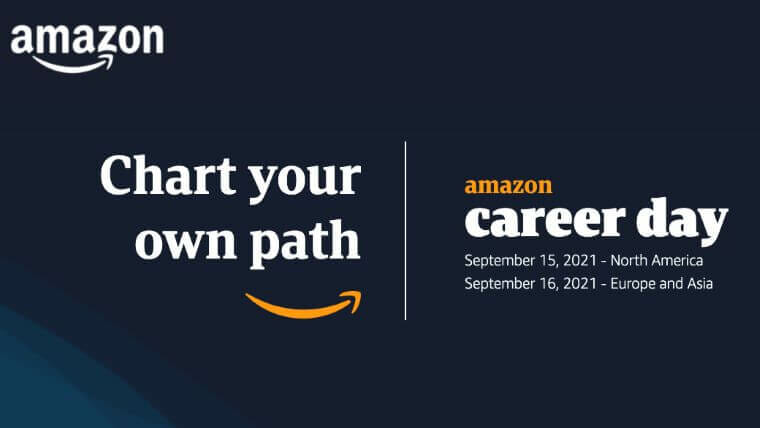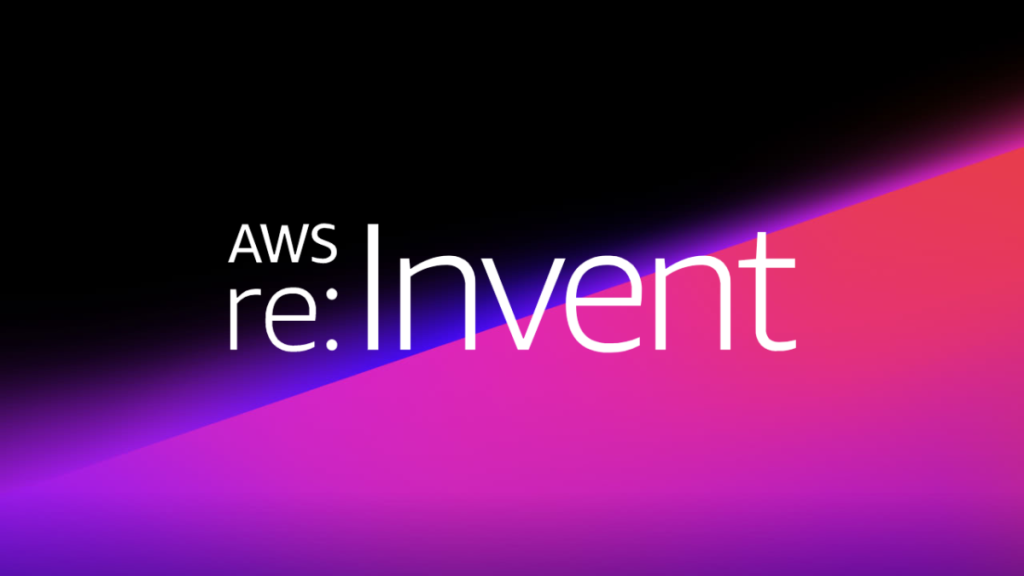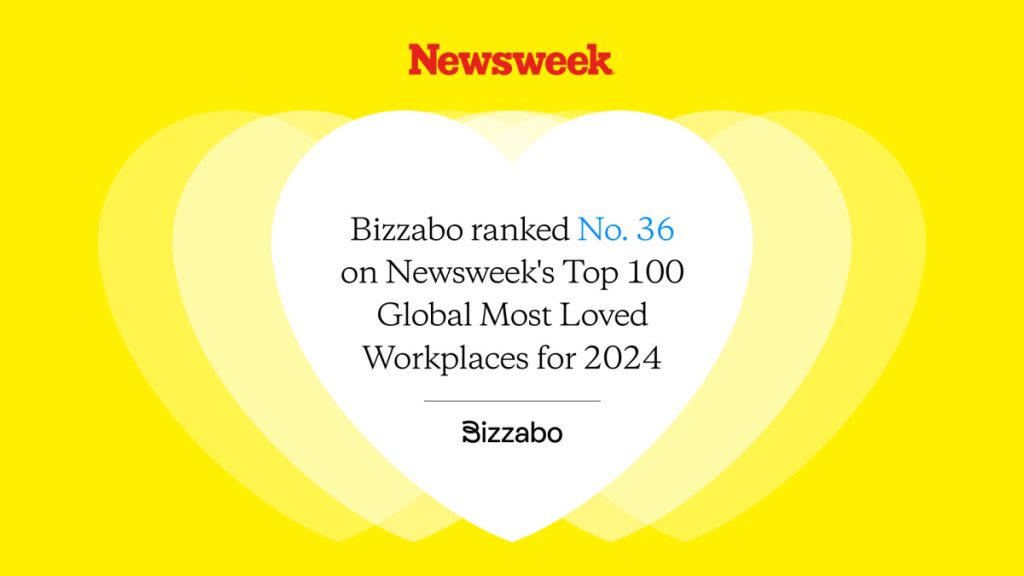Hybrid, Virtual, or In-Person: The Top 10 Event Types for Your Strategy


Slice and dice the data however you like — the events industry is on fire. But what event types are Event Experience Leaders leaning on to achieve the greatest success?
Verified Market Research sees the global events industry bringing in nearly $2.2 trillion by 2028, and Allied Market Research expects the U.S. corporate events market to reach $510.9 billion by 2030 — growing 17.3% each year.
This growth is driven by the reality that events are one of the most impactful marketing channels available to organizations of all sizes. According to 60% of leadership believe that events are the most critical marketing channel for achieving business goals.
Keep reading to learn more about the top event types and use cases you need to know to create a winning event strategy.
1. Industry Conferences
The goal of any great conference is to organize a group of people with related interests and provide them with helpful information on topics they care about. Conferences usually schedule multiple sessions spread out over days, weekends, or in some cases entire weeks.
As we’ve learned in recent years — and during the pandemic, in particular — industry conferences can take place in-person, virtual, or in a hybrid format.
Industry conference event organizers often prioritize the following:
- Driving revenue through ticket sales
- Lead generation
- Offsetting costs via sponsorships
- Boosting brand awareness
- Increasing thought leadership
On the other hand, attendees are interested in networking, lead generation, and learning new concepts. Examples of popular industry conferences include:
2. Trade Shows and Expos
Trade shows and expos aim to present new products and services from a variety of related brands in a professional manner. Typically these types of events have a theme that ties the booths together. These types of events are almost always in-person because of the nature of hands-on opportunities and trade show booths.
Trade shows and expos are especially useful for prospects who haven’t yet discovered your product or are looking to receive additional information in person. This event type is useful for companies looking to increase the number of in-person interactions they have with their customer base.
Trade show and expo event organizers often prioritize the following:
- Raising brand awareness
- Offsetting costs via sponsorships
- Driving revenue through ticket sales
- Boosting lead generation
At the same time, attendees are interested in lead generation, networking, and learning about new products and services. Some of the more prominent events in this category include the Consumer Electronics Show (CES) and the Gartner Supply Chain Symposium Xpo.
3. Field Marketing Events
Field marketing events — roadshows, professional development events, and product launches — are smaller, targeted events that drive specific business outcomes. Field marketing events contribute to brand building, strengthen customer relationships, and accelerate lead generation efforts. For the most part, folks who attend these events enjoy learning and networking opportunities.
The goal of most field marketing or brand activation events is to form stronger emotional bonds between a company and its audience. Because relationship building is the primary focus of this event type, it’s especially important to know which specific audiences you are targeting to plan the activities accordingly.
A field marketing event typically takes place off-site, in an area where target prospects and relevant audiences are centrally located. These types of events often facilitate sales and provide a multitude of strategic opportunities for marketing and sales collaboration. For example, Bizzabo held a field marketing event at IMEX 2021 that you can read about in this article.

Product launches, for example, often involve invited media guests who report on the product being presented. The success of these soirees is largely determined by the timing of the event, attention to detail, and the general level of satisfaction of your attendees.
Field marketing event organizers often prioritize the following:
- Driving lead generation
- Soliciting sponsorships
- Boosting brand awareness
- Championing thought leadership
- Enhancing customer engagement
- Driving customer retention
Here are some examples of field marketing events:
- ForbesLive (roadshow)
- AWS Financial Services Cloud Symposium (professional development)
- Apple Worldwide Developers Conference (product launches)
- Google Launch Night In (product launches)
4. Webinars
Odds are you’re familiar with webinars, which are virtual events featuring one session or track that are live or pre-recorded and available on-demand. More often than not, webinars are educational and free.
Webinar organizers often prioritize the following:
- Increasing brand awareness
- Driving thought leadership
- Accelerating lead generation
- Building partnerships and soliciting sponsorships
Because they’re educational by nature, webinars cater to attendees interested in learning about specific products or techniques. Want to watch a webinar right now? Check out Front’s Quarterly Product Roadmap or Bizzabo’s many on-demand webinars.
Although webinars can be very effective marketing and sales tools, not every webinar is the same. Making the most of your webinar starts with ensuring high-quality audio and video and championing accessibility by offering closed captioning. Additionally, the best webinars ensure attendees get the most out of the event by leveraging engagement tools, such as emoji reactions, chat, Q&A, polls, surveys, social sharing, virtual applause, and more.

5. Private Events
Private events — think networking events, VIP summits, corporate retreats, advisory board meetings, and investor meetings — can take place in-person, virtually, or in a hybrid format.
Private events focus on providing the most influential shareholders, customers, and other honored guests with an exclusive (and impressive) experience. The goal of any VIP event is to ultimately increase revenue through maintaining the loyalty of these key figures.
If your organization plans to host a virtual private event, you need event management software that ensures that your event stays, well, private. For example, here are some features to look for in your event software for private events:
- Single sign-on (SSO)
- Roles and permissions for access control
- Gated events (e.g., requiring a password)
Gartner Evanta New York CISO Inner Circle — a VIP summit — and Berkshire Hathaway’s Annual Shareholders Meeting are two examples of well-known private events.
6. Sales Kick-Offs
Sales kick-offs (SKOs) are internal events that aim to excite, educate, and align go-to-market teams for the upcoming year. Although these experiences traditionally took place in-person, they are just as effective in hybrid and virtual formats too.
When companies host SKOs, they focus on:
- Employee education
- Employee retention
- Strategic alignment
- Performance reviews
Attendees — usually employees and any relevant contractors or partners — are interested in business alignment, learning about company offerings, and understanding what is expected of them in the coming quarters and year.
Organizations should use event management software that supports interactive breakout sessions to make the most of these events, mainly when they are virtual or hybrid. For example, when Bizzabo held its SKO in Q1 2022, we held breakout sessions focused on new products and features to help our sales and customer success teams work smarter — not harder.
Want to learn how to ensure virtual or hybrid sales kick-off success? Check out this article.
7. User Conferences
Organizations that build software host user conferences to excite and educate clients and prospects on the latest product advancements, the product roadmap, and industry trends. These events, which can be held in person or as hybrid or virtual events, also double as a mechanism for clients and prospects to network with attendees and industry vendors.
User conference goals are straightforward: educate customers, accelerate adoption, and increase retention. On the flipside, attendees hope to learn how to use products more effectively and meet new people.
Here are some examples of user conferences:
Apple’s World Wide Developer Conference is an example of a successful user conference. It caters to the interests of developers and product users. Activities include a highly anticipated speaker and sessions that teach customers how to get the most out of their products.
8. Multi-Department and Multi-Site Meetings
Multi-department and multi-site meetings bring employees together to discuss company updates, outline plans for the coming fiscal year and highlight top performers. Here are some examples of these types of events:
- Town halls
- All-hands meetings
- Award ceremonies
- Analyst days
These internal events work in any event format — in-person, hybrid, or virtual. They aim to educate employees, increase retention, and ensure the team is strategically aligned.
In our increasingly hybrid world, multi-site meetings are becoming increasingly common. If, like us here at Bizzabo, have teams located around the world, you probably have employees gather at their nearest office for company-wide events. Or, you may host a hybrid event with a virtual component, VIP in-person offering, and smaller, satellite-style meetings at specific locations.
9. Recruiting Events
Recruiting events are exhibition-style events where organizations source talent. With the primary objective is recruitment, these events can be held in-person, virtually, or in a hybrid format.
Potential recruits benefit from the personal interaction they get from this type of event. They can speak to actual employees to get insider information on the work environment, benefits, and details regarding their ideal job candidate. Making a strong impression at a job fair or recruiting event today could pay off for decades.
One popular example of recruiting events is Amazon Career Day, where the e-commerce giant offers career coaching, hands-on training, and advice for jobseekers. If you’re planning to host a virtual or hybrid recruiting event, consider using Bizzabo, which offers sponsorship and exhibitor tools to make the experience more engaging and helpful.

10. Internal Training
Internal trainings are single or recurring sessions that educate and align employees on the following:
- Brand or product messaging
- Changes or trends in the market
- Product knowledge shares or updates
- New hire onboarding
- Professional development
Trainings are versatile and can take place in any event format. Organizations use training sessions to increase employee engagement and ensure their team is thoroughly trained while attendees learn how to do their jobs more effectively.
Using Bizzabo, you can run engaging training sessions with 10 employees or hundreds of thousands of participants worldwide. Virtual trainings, for example, offer a great way to reduce training costs because you don’t need to fly folks in or worry about your carbon footprint.
How To Choose the Right Event Type
We know event marketing isn’t one size fits all, so here are some points to consider before choosing your next event type:
- Consider what you want to achieve. Not every event type in this article will achieve your goals. Decide on your benchmarks and ROIs before planning your next event.
- Take stock of what’s been done before. What do you typically see at these types of events? How can you put your own personal twist on the experience?
- Find out what option is most exciting for your attendees. Don’t be afraid to ask attendees directly through surveys or polls. Whatever you choose, make sure the idea is exciting to them as well.
Learn More About Event Types on the Bizzabo Blog
No matter what type of event you’re planning, Bizzabo has you covered. We’ve created in-depth articles for each of these event types. Check them out here:
- The Guide to Industry Conferences
- The Guide to Trade Shows and Expos
- The Guide to Field Marketing Events
- The Guide to Webinars
- The Guide to Private Events
- The Guide to SKOs
- The Guide to User Conferences
- The Guide to Multi-site and Multi-department Meetings
- The Guide to Recruiting Events
- The Guide to Internal Training
Want to see how we can help you take every one of these event types to the next level? Take an on-demand tour of what Bizzabo has to offer.




